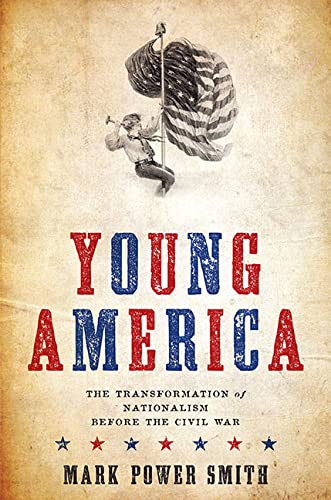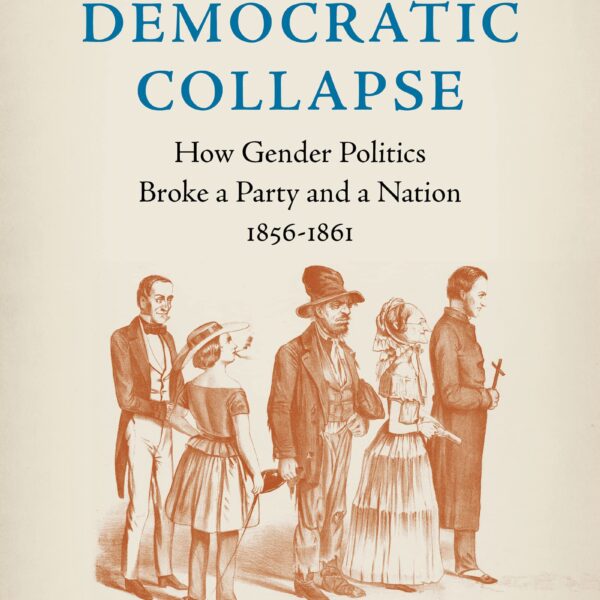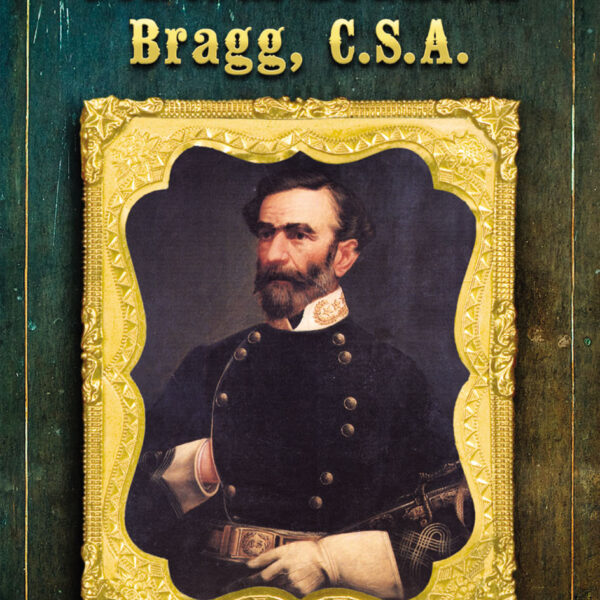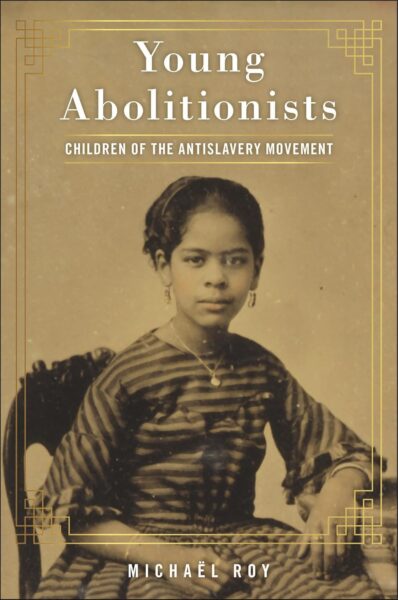There is a common narrative that America’s two-party system, created by battles between the Democrats and Whigs during the 1830s and 1840s, fell apart at the dawn of the sectional crisis in the 1850s. American politics, plunged into the bloody debates over slavery, split across geographic—rather than partisan—lines. The rise of pro-slavery and anti-slavery ideologies became the only allegiances that mattered when conceiving of the American nation.
Mark Power Smith’s new book Young America challenges this framework for understanding the two decades immediately preceding the Civil War. By focusing on one coalition, Smith shows a throughline of Andrew Jackson’s ideological inheritors that spanned before and after the sectional divide. The “Young Americans”—a group that included politicians like Stephen A. Douglas, journalists like John O’Sullivan, cultural critics like George Bancroft, and reformers like Thomas L. Kane—were committed to state supremacy, popular sovereignty, territorial expansion, liberal alliances, free trade, and, more than anything else, the triumph of white male democracy. They remained so even as the political parties shifted around them. Indeed, the Young Americans often targeted other Democratic groups, including Southern isolationists like John C. Calhoun as well as fire-eaters like John C. Breckenridge, as much as they did Whigs in the 1840s and Republicans in the 1850s.
Smith is not the first historian to focus on the Young America movement. Yonatan Eyal’s The Young America Movement and the Transformation of the Democratic Party, 1828-1861 [2007] has long been a definitive work on the project. Yet Smith’s book aims to make at least three major interventions.
First, Young America spends more time on the international context for these debates, demonstrating how this coterie of intellectuals was enmeshed in global discussions over democratic rights. The Young Italy, Young Ireland, Young America, and other movements were all part of a transatlantic conversation about democracy. And beyond ideological crossings, there were physical connections, too: immigrants and refugees influenced the movement and made participants truly believe they were part of a universal white brotherhood. This then played a role in discussions concerning annexation and expansion, both during the U.S. War with Mexico as well as federal debates over Cuba.
Smith’s second historiographical intervention is to demonstrate continuity across these two decades. Even if political parties, including the Democrats, maneuvered around them, there were a core of ideas and alliances that proved resilient. The Young Americans tried to hold the United States together as the nation fell apart. This helps explain the persisting power of Northern Democrats like Stephen Douglas and James Buchanan; the latter’s presidency the climax of internal party disputes, and the former’s presidential run the last vestiges of a dying chorus.
Finally, and perhaps most provocatively, Smith connects the Young American political movement to intellectual currents concerning human rights. Young Americans, Smith argues, participated in a romantic discourse of classic liberalism that moved away from the Lockean origins that permeated early American political thought. Rather than a social contract agreed upon by first principles, the nation was instead founded on universal values of white male equality. Popular sovereignty was an expression—albeit inchoate and inconsistent—of human values. This, Smith posits, is where the movement’s truly transformative value is found—not in their politics, but in their nationalism.
While smart and stimulating, the argument is not fully compelling. This is especially the case when Smith admits that the question of slavery, the primary issue that fragmented the rest of the political sphere, was one that the Young Americans handled on pragmatic, rather than intellectual, grounds. Were the Young Americans truly united by a shared ideology on the nature of nationalism, or a series of cultural impulses and political goals? Was classical liberalism truly at the heart of their movement, or was it whatever philosophy that could justify white male sovereignty?
Even the structuring of Smith’s argument sometimes hints at his own unease with the framing. Young America is at its best when dissecting the political discourse in which these varied and fascinating Democrats participated, but then the narrative slows to a halt when it turns to several pages of seemingly forced intellectual historical analysis. The human rights tenor of nationalism may indeed be Smith’s most novel contribution to the historiography of the antebellum Democratic Party, but it steals away focus from the book’s more salient interventions.
Andrew Jackson and his party have faced several decades of harsh academic treatment. Previously heralded as the Party of the People and champion of the common (white) man, recent historians have, rightly, emphasized facets of white supremacy, indigenous genocide, and cultural mobocracy that were at the heart of their populist revolt. And long may these characteristics remain. But what Smith shows is a degree of variance within the early Democratic Party that did not always fit into basic categories. The Young Americans were, it is true, committed to white male democracy, but they packaged those principles in more intellectually rigorous, internationally cognizant, and culturally progressive ways. In doing so, they posited a vision of American politics—of American nationalism—in ways that transcended the ensuing North/South divide.
Reckoning with that legacy, Young America ably shows, reveals much not only about antebellum politics, but also about the democratic tradition that followed.
Benjamin E. Park is an associate professor of history at Sam Houston State University. His books include American Nationalisms: Imagining Union in the Age of Revolution, 1783-1833 and Kingdom of Nauvoo: The Rise and Fall of a Religious Empire on the American Frontier.





